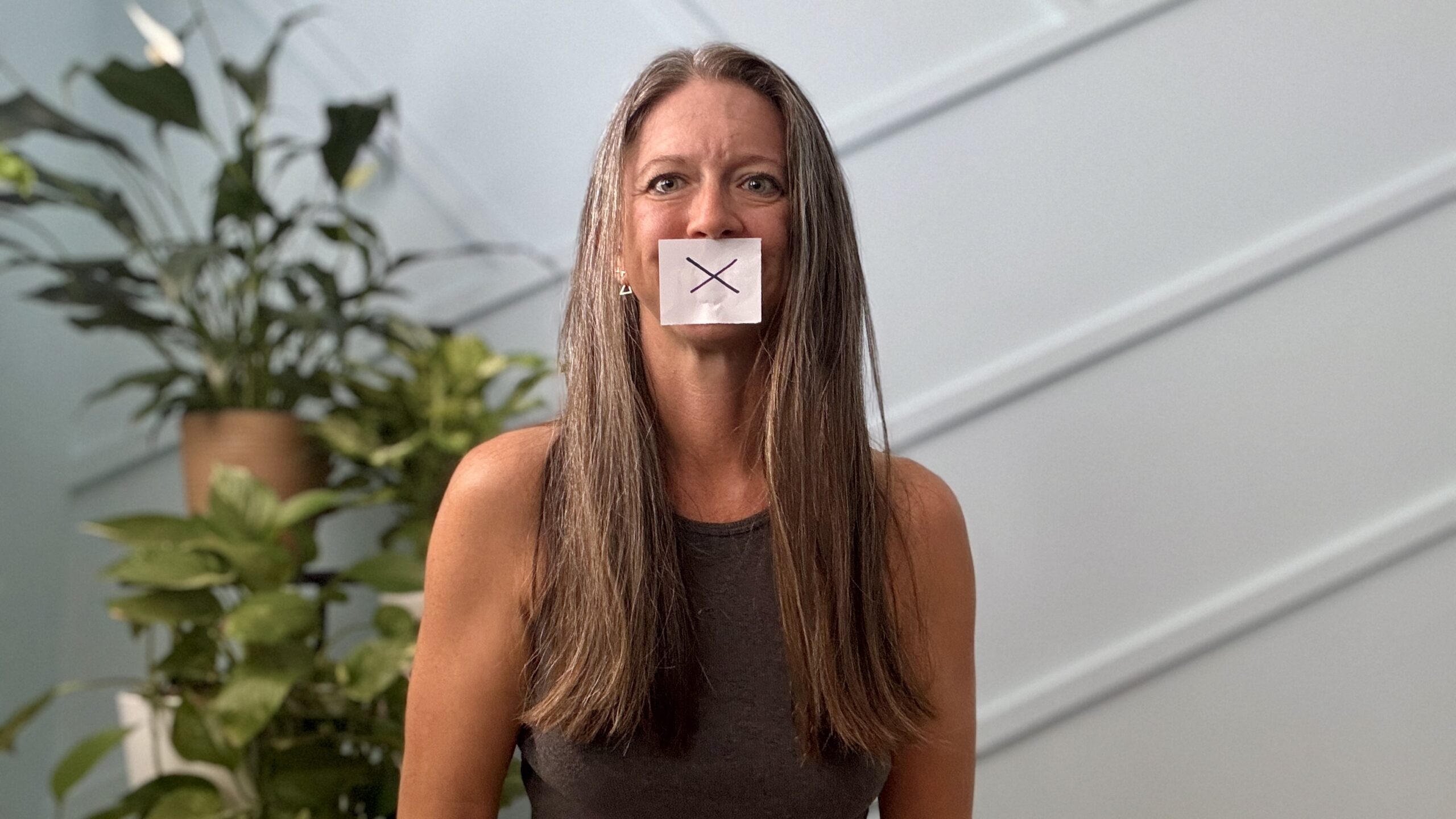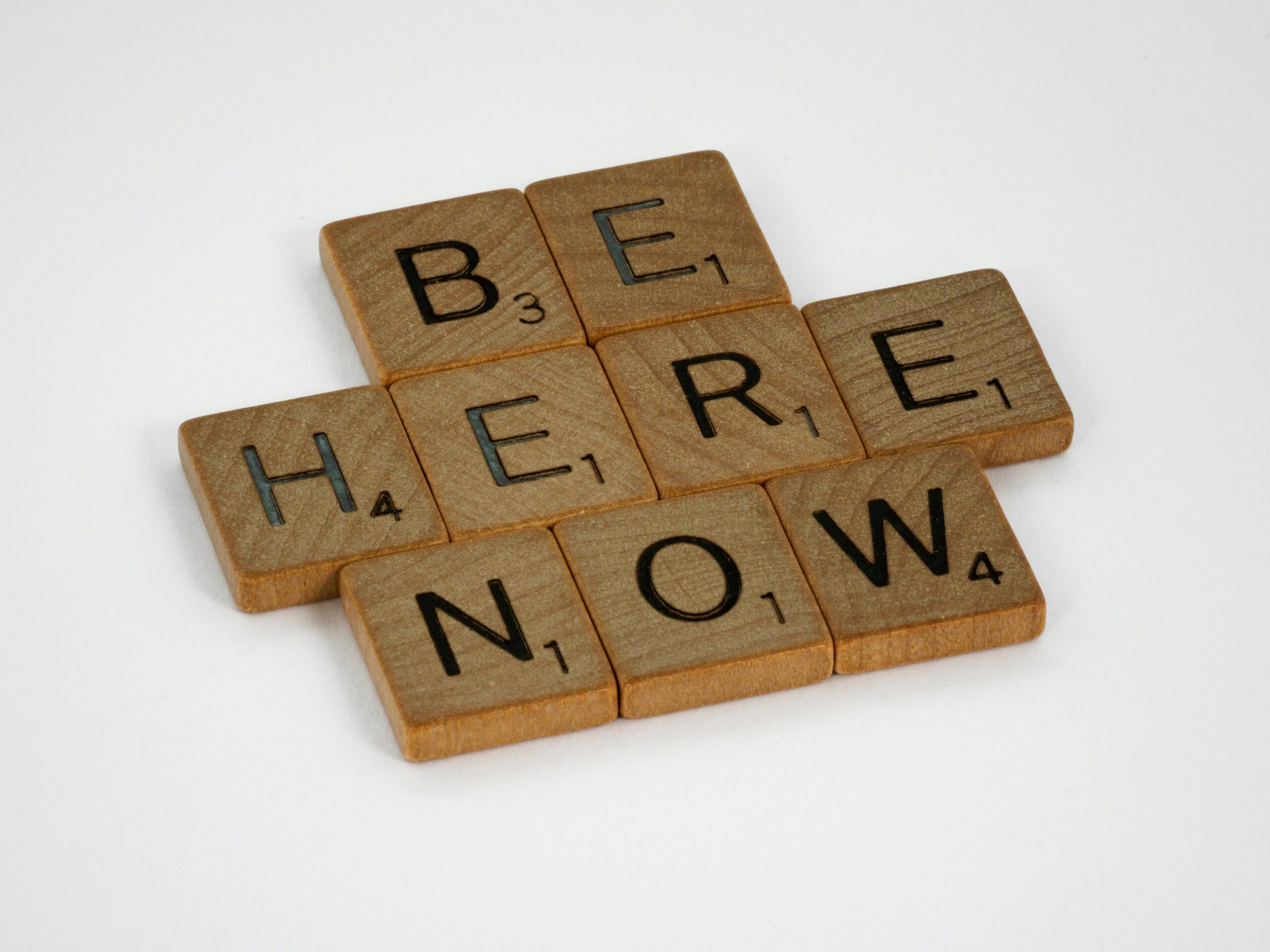We all seek happiness and joy in our lives, but it can feel elusive at times. From our day-to-day stresses to the overwhelming gloom presented on the news, it is easy to get caught up in a cycle of despair. But happiness is a choice and a habit. It can grow in times of contentment as well as times of struggle.
The good news is we can cultivate our happiness habits. A few simple activities can profoundly shift your perspective and develop lasting happiness that radiates from within rather than from your circumstances. Here are seven practical ways to grow your happiness habit.
Cultivate Gratitude
Gratitude is a powerful emotion. When we focus on things we are grateful for, we become more content and satisfied with our lives. A simple way to increase your gratitude is to start and end your day by writing down three things you are grateful for.
These can be small things like a warm cup of coffee or a beautiful sunrise. They can be practical things like your children letting you get 6 hours of uninterrupted sleep or that you spoke with your best friend today. Or they can be significant things, like finishing a project you have been working on for months or celebrating a wedding anniversary. It doesn’t matter what the things are; what matters is acknowledging them and writing them down.
Keep the list at hand for reflection anytime you need a pick-me-up. Daily gratitude will help you see the good in your life and shift you into a positive mindset.
Rewire Your Negative Thoughts
We all have these at times. We say things to ourselves that we would never say to others. Things like, “I’m so stupid,” or “I’m such a failure.” Thoughts like these have an impact on both our emotional state and our behaviors. Reword these negative thoughts to something that acknowledges your frustrations at the moment but that reframes them in a positive light. Something like, “I made a mistake, but I’ve learned from it and won’t make it again.” Changing these automatic thoughts takes practice and diligence, but the effort is well worth it and will leave you feeling more positive and capable.
Surround Yourself With Positivity
Who and what you surround yourself with impacts your life. Encircle yourself with people who uplift, encourage, and inspire you. Limit exposure to negative influences, including people, entertainment, and activities. This might mean finding new friends, seeking a new job, starting a new hobby, or limiting your time reading the news and social media. Boundaries can be difficult to implement at first, and some of these things are harder to do than others. So start with small changes such as limiting the type of content you read and build up to things like positive friends or a new workplace.
Give Back
You’ve probably heard the old adage, “It’s better to give than receive.” And it turns out that it’s true. Giving back not only helps enrich your community but also generates a sense of purpose and fulfillment. Whenever you volunteer, you engage in a meaningful activity that often results in positive relationships, the development of new skills, reduced stress, and a sense of gratitude gained from perspective. All of these can add to your sense of happiness and well-being.
You can give back in many ways and places. Homeless shelters, mentoring programs, nursing homes, and animal shelters rely on volunteers. Find something that resonates with your passions in life. If you want to be happy, serve other people.
Giving back isn’t just an old adage. The quote is inspired from Acts 20:34-35. Caring for others, particularly the vulnerable, is deeply rooted in scripture and found in both the Old and New Testaments.
Differentiate Pleasure From Happiness
The lines between pleasure and happiness have blurred, but they are not the same. Pleasure is a temporary response or feeling that often arises from an external source. Things like a delicious meal, a beautiful hike, or a new possession can all create pleasure. But it is a short-term burst of enjoyment that often fades quickly.
There’s nothing wrong with doing things that bring pleasure. But if we look to these temporary pleasures to bring us happiness, then we will constantly be disappointed. It can even lead to a cycle of needing more and more stimulation to maintain the same level of enjoyment.
Happiness is a more profound and enduring state of mind that does not rely on external stimuli.
In contrast, happiness is a more profound and enduring state of mind that does not rely on external stimuli. It comes from a sense of contentment and fulfillment. Happiness flows from a meaningful life filled with positive relationships, purpose, and faith. Once you learn to differentiate the two, you won’t define your happiness by your moments of pleasure.
Practice Contentment
Being content can lead to a greater sense of happiness. Focusing on what we don’t have creates a feeling of lack or dissatisfaction with life. When we practice contentment, we find joy in the present moment. By embracing contentment, we can avoid the trap of constantly chasing what we don’t have.
This doesn’t mean we shouldn’t have goals. Goals and contentment can complement each other. Find balance by setting goals that align with your values and bring a sense of purpose and fulfillment rather than focusing on achievements or possessions. If you do this, your goals will feed right back into your contentment and happiness.
Faith Over Feelings
Living life from faith rather than feelings can lead to a more profound sense of happiness. When faith guides your actions, they are not subject to the fleeting nature of emotions or the ups and downs of your day. Faith provides purpose, direction, and inner peace. While feelings are valuable and affect our overall experience, relying on them alone for happiness will be inconsistent and may make you feel unstable. Living from a place of faith will provide a steadfast foundation for joy and happiness.
Happiness is not a destination but a daily habit built with intention, practice, and consistent effort.
It’s easy to assume that happiness is a matter of temperament or natural disposition. And although that might be true to some extent, happiness is also something that anyone can cultivate. Remember that happiness is not a destination but a daily habit built with intention, practice, and consistent effort. Incorporate these seven practices into your daily routine, and watch happiness grow and become your way of life.
Tonya is a 500hr RYT based in Coastal Mississippi. She loves that she gets to share the joy and healing that yoga brought to her life. In addition to teaching yoga, she flips houses with her husband. Tonya is a travel enthusiast who loves the outdoors and adventure. You'll find her at the local beach, volunteering at the animal shelter, and playing with her forever and foster dogs.





0 Comments